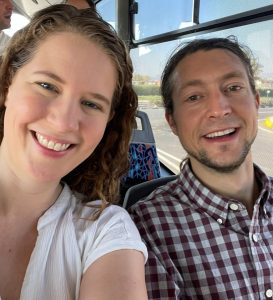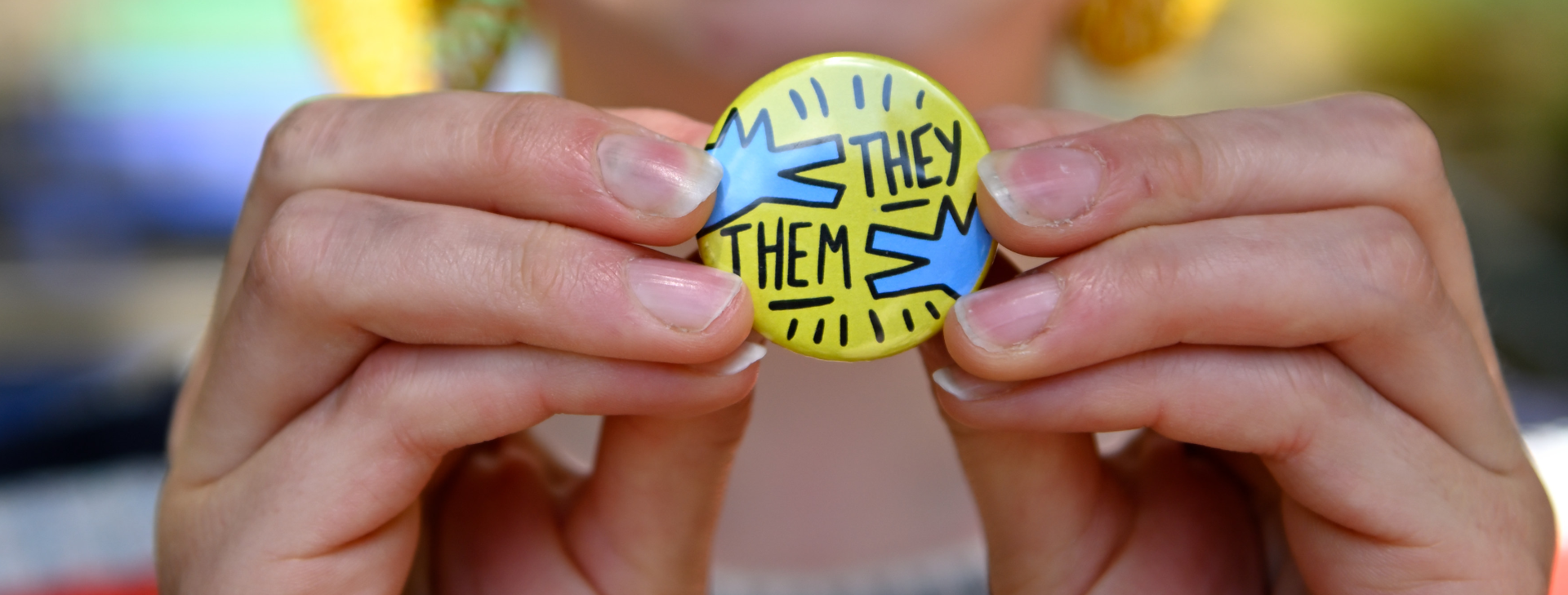University of Bristol researchers attend the UN climate conference in Egypt
 The Cabot Institute for the Environment is working to ensure that University of Bristol researchers have a voice at COP27, the 27th Conference of the Parties to the United Nations Framework Convention on Climate Change, which is taking place from 6 to 18 November 2022 in Sharm El-Sheikh, Egypt.
The Cabot Institute for the Environment is working to ensure that University of Bristol researchers have a voice at COP27, the 27th Conference of the Parties to the United Nations Framework Convention on Climate Change, which is taking place from 6 to 18 November 2022 in Sharm El-Sheikh, Egypt.
A team of climate researchers will share their expertise at the world leaders’ summit, which marks the 30th anniversary of the adoption of the United Nations Framework Convention on Climate Change (UNFCCC) at the Earth Summit in Rio de Janeiro, 1992.
With more than 300 Cabot Institute climate scientists and researchers following the COP27 proceedings and sharing their insights with the media, three of our colleagues will be there in person – taking Bristol University environmental research to the international arena.
Dr Rachel James focuses on African climate systems, using science to inform climate change policy.
“With the war in Ukraine and a cost-of-living crisis, it would be easy to lose sight of the importance of climate action. But we can’t afford to wait; the urgency of addressing climate change has never been greater. And that’s particularly true for African countries, which are projected to experience some of the most damaging impacts of climate change.”

Dr Alix Dietzel, senior lecturer in climate justice, will observe government negotiations and reflect on whose voices were heard and whether themes such as loss, damage and a fair transition to a net zero economy were considered in the negotiations.
“It is increasingly clear the effects of climate change are highly unequal and we have to look to those who have caused the most damage to ensure people are compensated, while also ensuring we move forward on climate change in a fair and inclusive manner at the global and local level.”
Dr Colin Nolden works on energy and climate policy. His research ranges from looking at how governments are reducing energy poverty for communities to implementing climate change initiatives internationally.
“Raising ambition to reduce carbon emissions and sharing the burden of the rapid transition of our energy, economic, and social systems that such rapid decarbonisation entails, is essential to limit global warming and its detrimental effects, especially among countries least responsible but most affected.”
Be the change
The machinations of the conference may seem far away but we can all contribute and make changes in our daily lives to reduce global warming, reduce waste and protect biodiversity. Sign up for our Be the Change campaign – and take the challenges. Can you take a 4-minute shower? Could you consider moving towards a plant-based diet? Have you got ideas for related events and talks? If you’re already involved and would like to share your story, get in touch by emailing the student comms team. Share your experience on social media #UobTheChange.
The Cabot Institute for the Environment has also commissioned a series of illustrations reflecting Bristol’s support for COP27, capturing local people’s messages in response to the climate emergency to leaders at the conference. Follow Cabot on Instagram @bristoluni_cabot_institute #COP27, and check out the blog to find out more about its work.
Read full media release about our staff at COP27.








